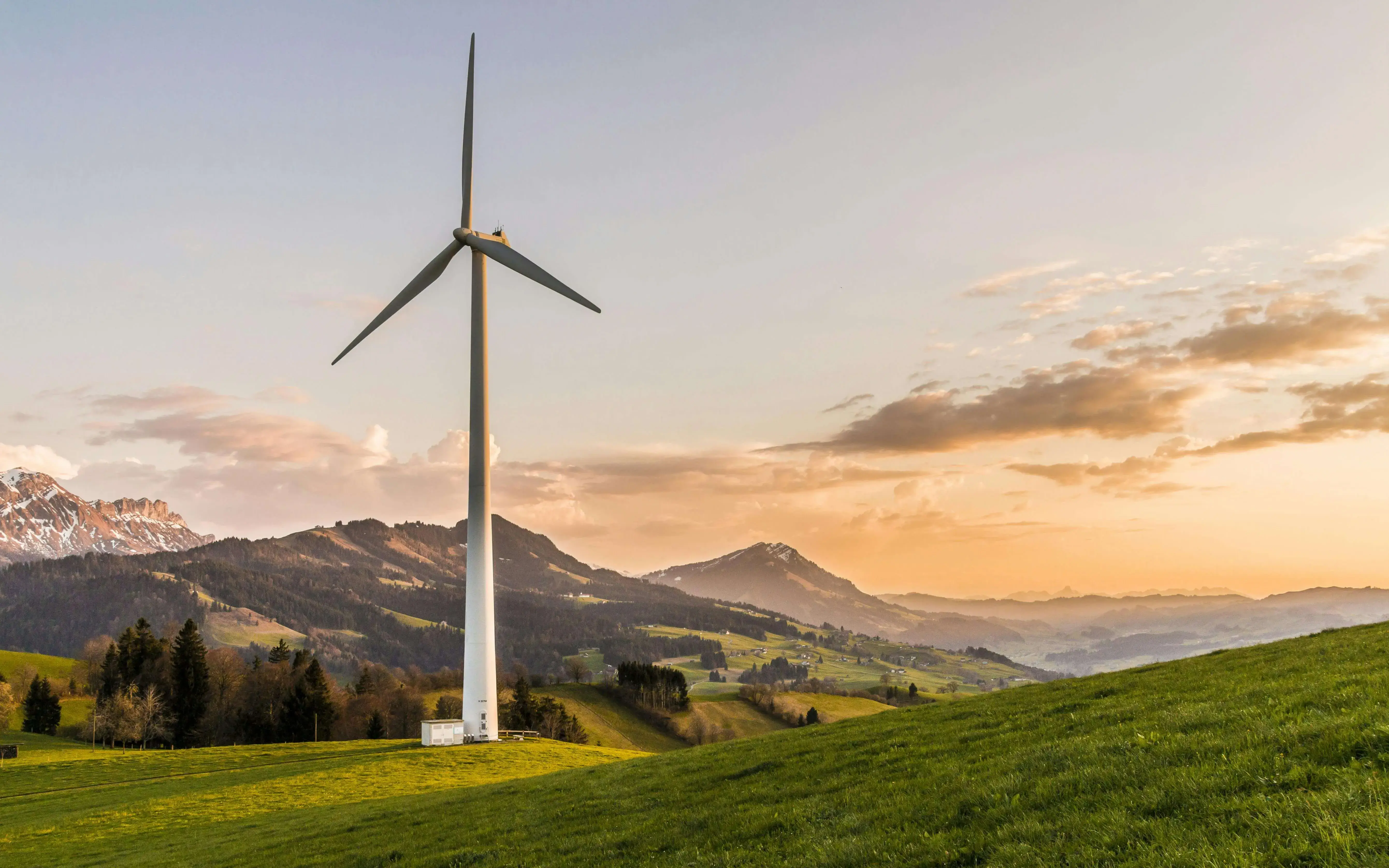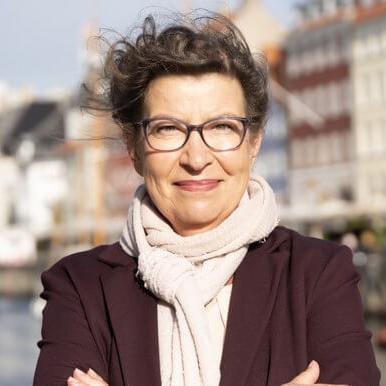
Europe’s economy and wellbeing of its citizens depend crucially on a healthy and resilient natural environment, a stable climate and long-term sustainable use of resources. As Europe’s new policy cycle begins, Commission President-elect’s political guidelines and mission letters to future Commissioners reaffirm the course towards sustainability, while adding extra focus on competitiveness and security to boost Europe’s resilience to current and future crises.
Reflecting on the past five years, we can all see how rapidly the world has been changing. Economically, we are witnessing transformations driven by new technologies such as artificial intelligence, while also grappling with supply chain disruptions and the rising cost of living. Politically, security concerns — cybersecurity, war, energy supply, and economic stability — dominate the narrative. And health concerns touch our daily lives: is our food safe, are our water and air clean? Can our health systems handle another shock like the recent pandemic?
Hardly a month passes without visible impacts from climate change across Europe. Headlines and social media feeds are filled with stories of lives, livelihoods, and property lost to climate-related extreme events, such as the recent catastrophic floods in Central and Eastern Europe. Our recent climate risk assessment makes it clear: Europe is not prepared. We must act now by cutting emissions swiftly and implementing robust adaptation policies to reduce climate risks and boost our preparedness.
It is no wonder many of us worry about the future. But we have many choices to make — choices that can, and will, shape our collective future.
Political priorities for Europe
Every five years, through European Parliament elections, citizens voice their concerns and shape the Union’s future priorities. In June, Europeans made their voices heard once again. In response, President-elect Ursula von der Leyen presented her political guidelines in July, outlining the priorities for the next European Commission 2024-2029.
Against the backdrop of Europe’s short- and long-term challenges, the guidelines reaffirm the need to stay the course towards achieving the European Green Deal targets, while calling for a stronger focus on competitiveness and security.
Investment and policy alignment
How can Europe stay the course on sustainability amid shocks and crises? How do we anchor environment and climate priorities with other emerging ones like security, competitiveness and fairness? These are exactly the questions we try to address in our report ‘Europe’s Sustainability Transitions Outlook’, published early July. The strategic foresight report calls for a more effective alignment of public and private funding as well as the need to further align European economic, social and security policies with the climate and environmental objectives.
In von der Leyen’s words, the next Commission will be ‘an investment Commission’. This emphasis on investment is strongly echoed in the Draghi report. It is clear: public funding alone will not suffice. Private investments are essential to meet both the scale of the challenges we face and the ambitions we hold.
The policy alignment called for in our sustainability transitions report is already reflected in the cross-connected portfolios and priorities outlined in the mission letters to Commissioner-designates. From clean industrial policy to decarbonisation and energy transition, from a circular economy to a just transition and affordable and sustainable housing, the distribution of responsibilities underlines the importance of ensuring coherence across policy areas.
Delivering knowledge for action
At the European Environment Agency (EEA), our role is to inform policymakers and citizens about Europe’s environmental and climate challenges, helping them make informed decisions based on reliable data. In this new policy cycle, we will continue to closely monitor progress towards the European Green Deal targets, identify what works best, and help Europe adjust its course as necessary. Europe has already achieved significant progress in many areas and implementation of existing policies will play a key role in achieving further progress.
Together with our knowledge partners, including Eionet, we will continue to incorporate cutting-edge research, innovate in data collection and analysis, and communicate our findings in ways that inspire action.
The choices we make now will define Europe’s future. Only by staying the course and taking bold action can we cover the remaining distance and reach our desired destination: a sustainable, resilient Europe.
This article was originally published on the European Environment Agency’s website on 24 September 2024.



Add new comment